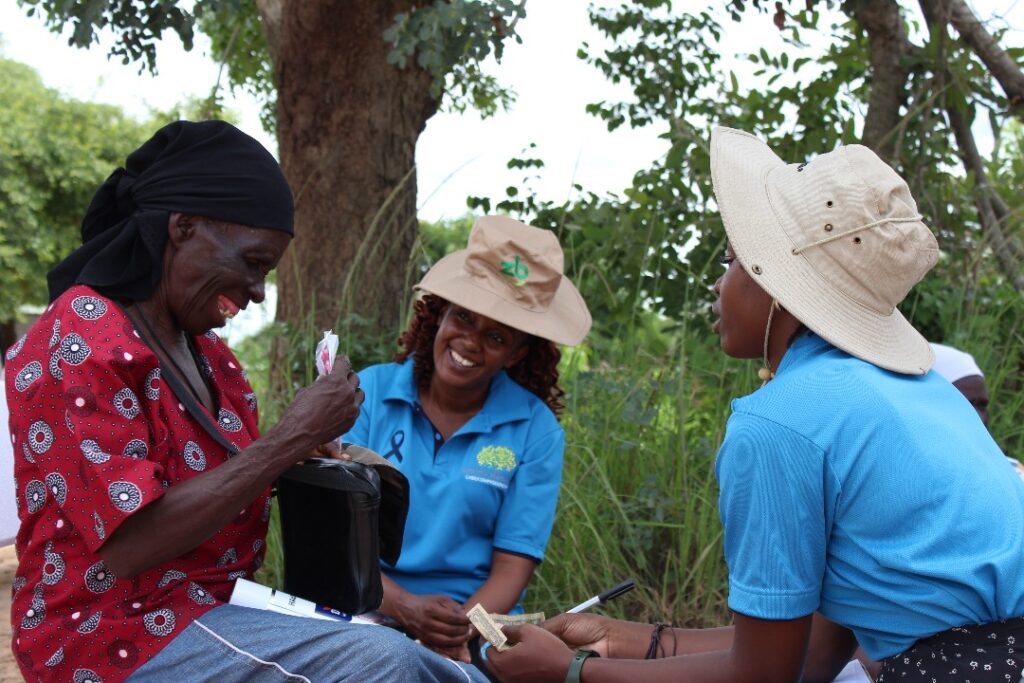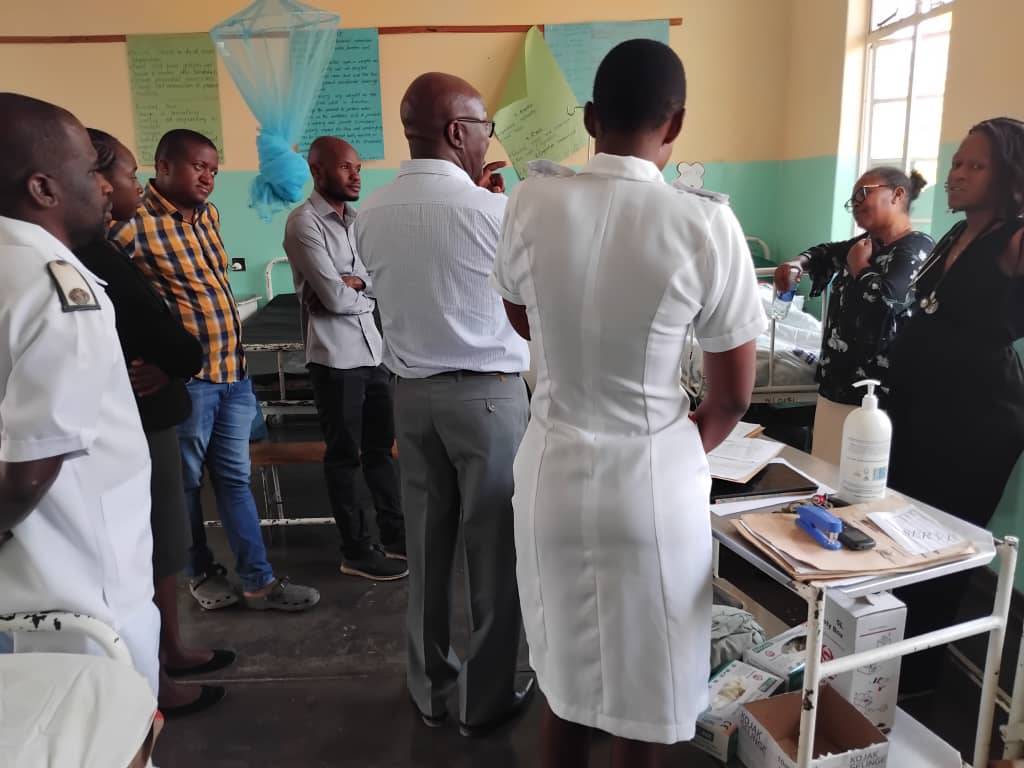Impact

Palliative Care Integration
From its inception in, the True Colors funded project has made significant progress in Palliative Care integration into the healthcare system. Over 193 health facilities across the country were trained and this has increased access to quality palliative care. There have been significant positive changes in the policies around PC. The
project facilitated creation of an enabling environment for integration and delivery of quality PC services. These changes include the introduction of the SI 232/2019 which empowers PC qualified RGNs to prescribe morphine, availability of guidelines on morphine prescription, inclusion of PC indicators into the routine surveillance in the NHIS, inclusion of PC essential medicines in Essential Drugs List for Zimbabwe (EDLIZ) and introduction of a PC desk at MoHCC. These stand to ensure likelihood of increased access to PC and essential medicines across the country, as well as its sustained integration.
OAK Project
The project, funded by the OAK Foundation, has been one of the longest-running initiatives at Island. Below are some of its notable impacts:
Support for Young Carers:
The Young Carers’ Program has provided critical psychosocial support and coping skills to children under the age of 18 who are responsible for caring for sick family members. This has led to improved emotional well-being and resilience among young carers, as well as enhanced caregiving practices.Community-Based Care:
Through the work of Community Home-Based Caregivers (CHBCs), the project has reached a significant number of patients. This increased access to palliative care is helping to reduce stigma and improve the overall quality of patient care.Hospital Integration of Palliative Care:
Over the years, the integration of palliative care at hospitals in Chitungwiza, Mutare, Marondera, and Bulawayo has been strengthened through:Health professional training
Mentorship sessions
Ward rounds
Engagements with top hospital management
Establishment of palliative care teams
These efforts have led to improved attitudes toward palliative care patients and the development of a more robust palliative care system within the hospitals.


Cholera Response Project
Island actively responded to the 2024 cholera outbreak in Mutare and Harare through comprehensive prevention and response interventions that significantly enhanced:
Community Awareness and Hygiene Practices:
Targeted workshops, practical training sessions, and the distribution of hygiene materials empowered communities with critical knowledge on cholera prevention and management.Health System Preparedness:
Health workers and volunteers were equipped with essential medications and protective equipment, enabling effective and safe response efforts.Institutional Readiness:
Coordination mechanisms, role clarity, and emergency response systems were strengthened, resulting in a more organized and impactful approach to controlling the outbreak.
Covid-19 Prevention and care Project
The COVID-19 Prevention and Care Project was implemented during a critical phase of the pandemic and made a meaningful impact on the health, safety, and dignity of older persons. It also played a vital role in promoting community resilience and preparedness amid ongoing pandemic challenges.
Key Outcomes Achieved:
Improved Community Awareness:
There was a significant increase in community understanding of COVID-19, leading to greater adoption of preventive behaviors.Better Health-Seeking Behavior:
Older persons experienced fewer treatment disruptions and were more proactive in seeking healthcare services.Improved Access to Safe Water:
The project facilitated increased access to clean and safe water, enhancing hygiene practices and contributing to disease prevention.


Palliative Care Awareness and Outreach (PCAO) Project
The Palliative Care Awareness and Outreach (PCAO) Project improved access to quality palliative care in Masvingo and Zaka districts by equipping health professionals with the skills to deliver compassionate and holistic care.
Key Achievements:
Enhanced Patient Support:
Through home visits, hospital ward rounds, and telemedicine support, patients with life-limiting illnesses received pain relief, symptom management, and emotional support in both clinical and home settings.Strengthened Referral Systems:
The project improved coordination between hospitals and communities, ensuring patients received timely and appropriate care.Increased Public Awareness:
Community events and media engagements helped reduce stigma and encouraged families and communities to actively support those in need of palliative care.

